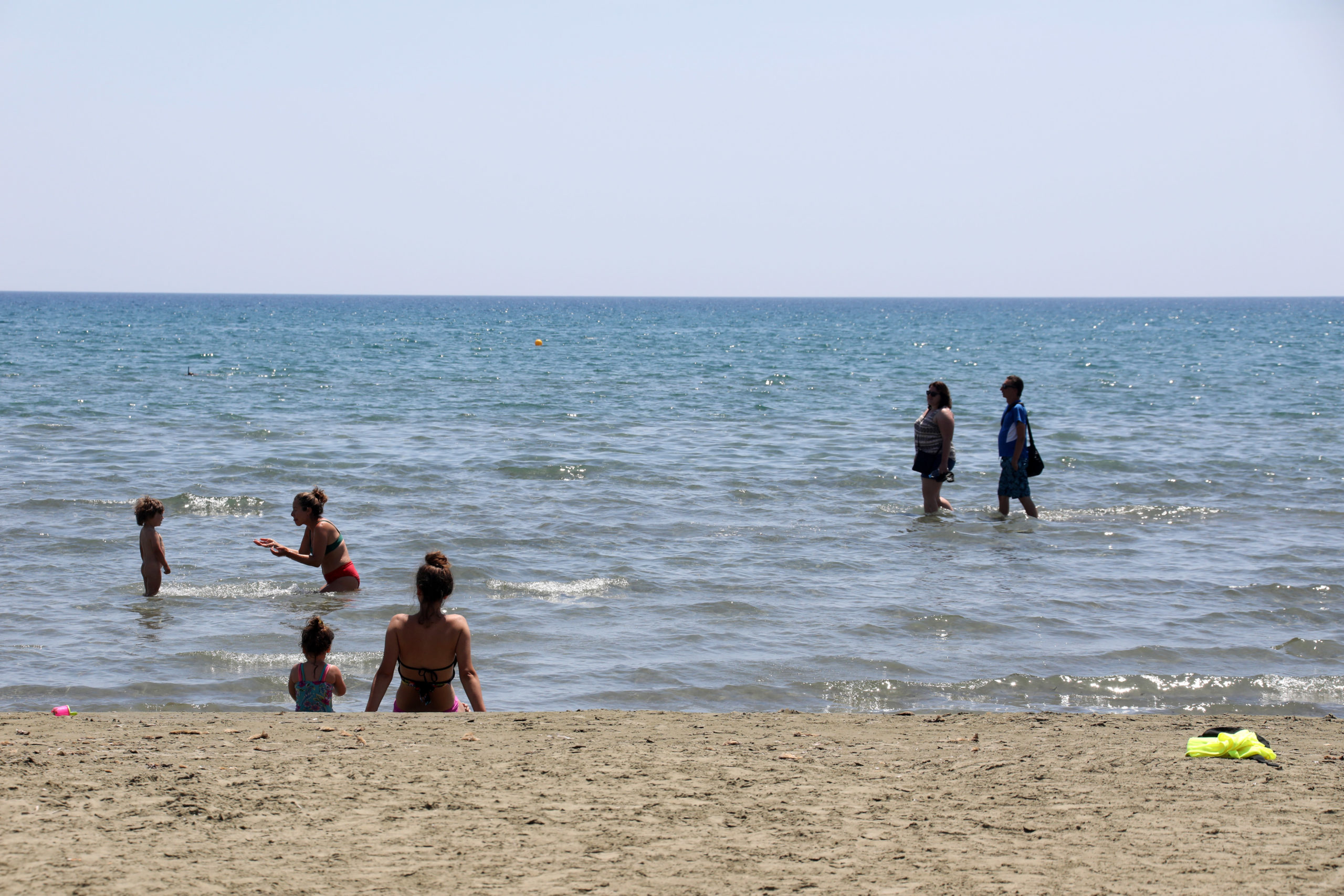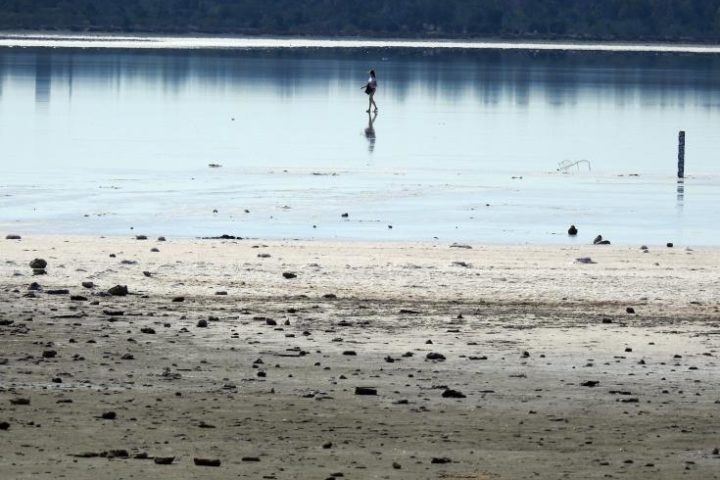Cyprus is experiencing the hottest May on record as an extreme heatwave grips the island pushing temperatures past 40° Celsius for the fourth consecutive day.
The Meteorological Department has issued a yellow warning for Monday, the third in a row, as May has smashed every weather record in the book, from the hottest day for the month to the longest heatwave.
Talking to the Financial Mirror, head of the Meteorological Department, Kleanthis Nicolaides, said that the 42.5°C temperatures recorded Sunday in Cyprus was the highest on record for May.
Noting that the previous record for the hottest day in May, was last year when temperatures reached 42.1°C.
Cyprus is being affected by a high-pressure system stretching from the Atlantic, passing over North Africa and reaching the Eastern Mediterranean.
“The weather is caused by an anticyclone in the region that has not only seen temperatures soar to new heights but also pushed minimum temperatures up.
This May we witnessed the highest minimum temperature ever recorded for the month, as the lowest temperature in the early hours of Sunday was 27.5°C,” said Nicolaides.
He said there have been flash heatwaves during May pushing temperatures past 40°C, but this May has endured a lot longer, now four in a row and counting.
“The anticyclone, which is a weather system with high barometric pressure at its centre, with downward pressure on the air, increasing temperatures, will continue to affect us for another 15 days.”
Nicolaides noted that temperatures will remain above 40°C until Thursday, then start to drop.
Temperatures on Monday are expected to soar to 42°C, with a possibility that temperatures will be closing in on 43 the following days.
Nicolaides said that another record is that temperatures reach their highest value, much earlier than any other May.
By 11 am Monday, temperatures in Nicosia and Limassol had already reached a scorching 40°C, and 29°C in mountains.
The head of the Met Department also said that this May is also the driest ever with humidity levels not surpassing 13%.
The maximum temperature recorded in Cyprus was 46.6°C in August 2010.
Meanwhile, the extraordinary heatwave has pushed thousands of Cypriots who are allowed to go swimming under coronavirus restrictions to head for the beaches.
Although people are permitted to go for a swim as a form of exercise, they are not allowed to loiter, sunbathing, and resting on a beach towel are prohibited under social distancing rules.
Cyprus police announced that they cautioned 49 people on Sunday, the majority of which (37) were fined for sitting around or playing games on Limassol beaches.
Dust episode
As if the heatwave was not bad enough, discomfort is compounded by a high level of dust concentration in the atmosphere.
The Department of Labour said some areas had more than double the permissible levels of dust concentration on Monday.
“The public, and particularly any vulnerable groups of the population (children, elderly, and the infirm) are urged to avoid circulating in open spaces until the observed episode has elapsed, as the small size of respirable particles in dust may have negative effects on human health,” said a government announcement.
The department called on employers to take appropriate measures after assessing any risks that their employees may face while working in open spaces, and it is recommended that workers in such spaces use appropriate means of personal protection.
Dust concentrations early Monday were as follows:
Nicosia: 130 μg/m3
Limassol: 97 μg/m3
Larnaca: 75 μg/m3
Paphos: 82 μg/m3
Paralimni: 60 μg/m3
Zygi: 48 μg/m3
Ayia Marina Xyliatou: 45 μg/m3
A so-called ‘dust episode’ is when a respirable particulate matter of a diameter smaller than 10 μm (PM10) floating in the air exceed the limit allowed, which is set at 50 μg/m3 (micrograms per cubic meter).










